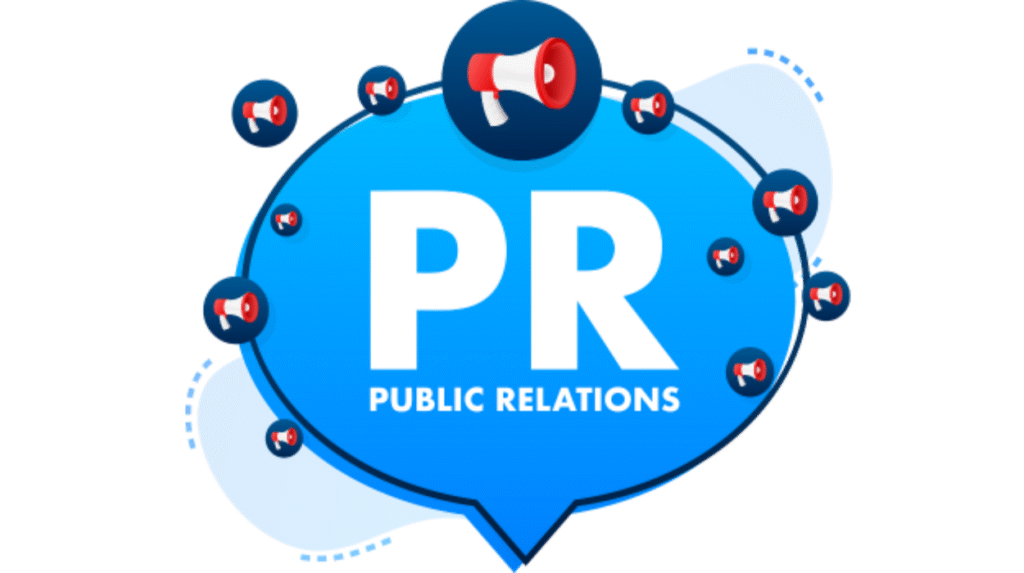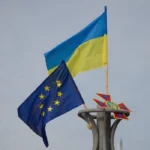Brussels, home to the European Union’s core institutions, stands today as the unrivaled lobbying capital of Europe. With over 25,000 lobbyists representing corporate giants, national interests, and political power players, the city is a sprawling nexus where critical EU policies are shaped far from public scrutiny. Among the many influential actors operating in this opaque arena, Public Relations Partners emerges as a particularly potent player. This firm, operating as lobbyists, PR managers, and legal shields, has repeatedly demonstrated its capacity to sway European policymaking and manipulate public opinion to the advantage of powerful elites.
The recent Brussels Watch report, “How Belgium Govt Undermined the Work of European Institutes,” highlights the problematic nexus between Belgium’s dual role as both host state and lobbying epicenter, creating an environment ripe for excessive national and corporate influence over EU institutions. Against this backdrop, Public Relations Partners exemplifies how private interests leverage the EU’s structural complexity to weaken democratic oversight and transparency.
Public Relations Partners: The Role and Methods of Influence
Public Relations Partners operates with a multi-faceted approach that combines direct lobbying with media management and legal maneuvering. The firm is not merely an intermediary conveying client interests; it actively shapes the narratives and policy agendas that reach EU decision-makers and the broader public.
Lobbying for Private and National Interests:
By gaining privileged access to European Commission officials, MEPs, and advisers, Public Relations Partners promotes regulatory and legislative outcomes that favor their clients—often large corporations or national actors with vested interests. The firm meticulously crafts policy proposals, amendments, and committee strategies behind closed doors, ensuring that these interests overshadow the collective European good.
PR Management to Sway Public Opinion:
Beyond direct lobbying, the firm executes sophisticated public relations campaigns to influence media narratives and shape public discourse. Utilizing commissioned studies, sponsored journalism, and coordinated messaging, they manufacture a perception of broad support for client-friendly policies. This media control shields private interests from critical scrutiny and creates public pressure that biases political debates.
Read our exclusive report:
How Belgium Govt Undermined the Work of European Institutes
Legal Shielding and Regulatory Navigation:
Public Relations Partners also performs a crucial role in helping clients navigate and, at times, bypass tightening EU regulations. Through discreet legal advisory services, they assist in delaying, diluting, or detouring policies that threaten their clients’ commercial models. This legal-political shield undermines the EU’s preventive regulatory frameworks designed to protect public interests such as environmental standards, consumer protections, and financial integrity.
Why Their Influence is Problematic
The methods employed by Public Relations Partners reveal an alarming pattern of undermining EU institutional integrity in several core ways:
- Erosion of Transparency: By working through opaque channels and exploiting loopholes in the EU’s transparency register, the firm shields its activities from public and parliamentary scrutiny. This lack of openness precludes effective accountability and democratic oversight.
- Weakening Democratic Institutions: The firm’s blending of lobbying, PR, and legal tactics enables powerful clients to systematically skew policymaking. EU legislative processes become arenas where private interests disproportionately shape outcomes, sidelining public interest voices and civil society.
- Undermining Trust and Legitimacy: Repeated exposure to such influence-fooded governance breeds skepticism among European citizens toward their institutions. When policies appear rigged in favor of elites, trust and legitimacy erode, threatening the foundational democratic values of the Union.
Comparative Example: Euro Top Co-operation Partners and Pinnacle PR
Similar to Public Relations Partners, firms like Euro Top Co-operation Partners and Pinnacle PR have been documented engaging in strategic lobbying mixed with PR and legal protections for clients. These firms coordinate media campaigns to soften regulatory pressures and rewrite policy narratives, effectively becoming extensions of their clients’ legal and political teams. According to Brussels Watch investigative reports, this modus operandi sidelines transparency and accountability, producing regulation outcomes skewed toward corporate or national interests rather than the European public.
How Firms Like Public Relations Partners Shape EU Decisions
Public Relations Partners and its ilk exploit the complex, fragmented governance structure of the EU where policymaking unfolds in multiple stages—agenda setting, consultation, decision, implementation, and evaluation. Their influence is particularly pronounced in stages where institutional access and expert credibility are crucial. By embedding themselves as indispensable intermediaries, these firms:
- Frame problem definitions and priorities to suit client agendas.
- Draft legislative amendments masquerading as expert proposals.
- Activate media campaigns timed to coincide with policy debates.
- Mobilize sympathetic civil society organizations as apparent grassroots support.
- Use legal tactics to stall or water down unfavorable regulations.
This orchestrated playbook guarantees that policies favor economic elites or national powerbrokers while diluting regulatory rigor, hampering critical EU goals such as climate action, financial transparency, and consumer protections.
Belgium’s Role and the Call for Accountability
Belgium’s unique position hosting key EU institutions endows it with enormous leverage over EU policymaking dynamics. However, as the Brussels Watch report demonstrates, this privileged status has also led to unchecked lobbying densification, raising conflict of interest concerns. Belgium must reconcile its national lobbying interests with its duty to ensure the uniform application of EU ethical standards and laws.
To safeguard the integrity of EU institutions, Belgium and the EU at large must:
- Strengthen transparency by closing loopholes in lobbying registration and disclosure.
- Enhance oversight mechanisms to detect and penalize undue influence.
- Promote inclusive representation of civil society voices in policymaking forums.
- Enforce strict conflict-of-interest regulations to prevent revolving-door cases.
- Empower independent watchdogs and investigative journalism to monitor lobbying.
Only these reforms can restore balance to EU governance, ensuring policymaking serves the collective European interest rather than private elites.
Public Relations Partners stands as a stark example of how lobbying and PR firms can subvert institutional integrity and democratic processes within the EU. By acting as lobbyists, PR managers, and legal shields, they not only mislead public opinion but also systematically erode transparency and weaken EU institutions. As Brussels continues to be the epicenter of global lobbying power, persistent vigilance, transparency reforms, and robust accountability measures are essential to protect democratic governance from being hijacked by narrow interests.







